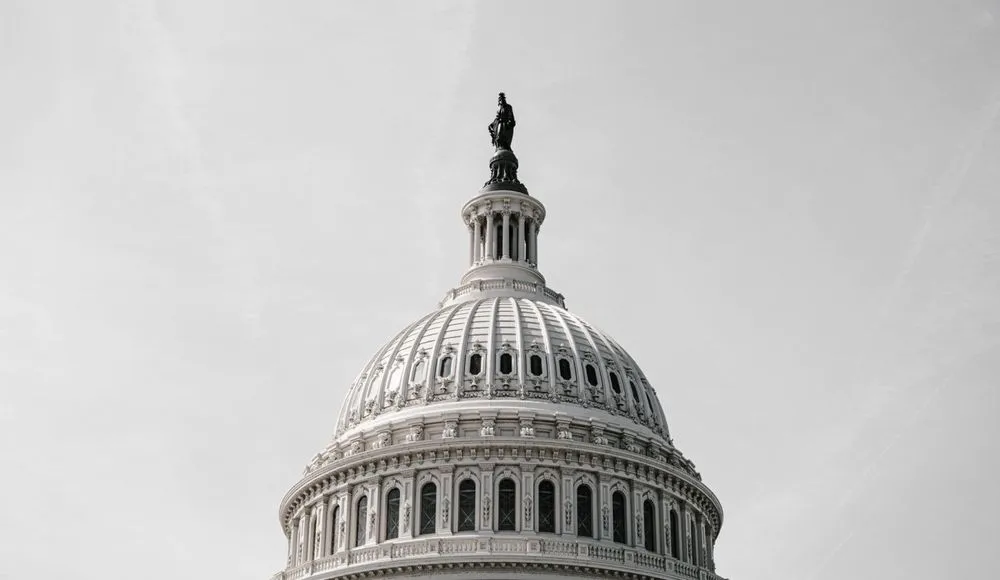House Armed Services approves its defense policy bill
The House Armed Services Committee on Thursday overwhelmingly approved its version of the annual defense policy bill that included multiple cybersecurity provisions.
The panel voted 57-1 during the pre-dawn hours to advance its $840 billion National Defense Authorization Act after a marathon markup session.
Lawmakers approved a handful of cyber-related amendments during their roughly 16-hour hearing, including one that would require the Homeland Security Department to submit a report to Congress detailing federal cyber incident response roles and responsibilities.
Another amendment would require the Pentagon to conduct a “comprehensive assessment” of the cybersecurity vulnerabilities of its weapons systems — an issue that has plagued the massive department for years.
The panel also approved an amendment that would require the Treasury secretary to submit an annual report to the Financial Services Committee on the status of the department’s cybersecurity efforts to safeguard the U.S. financial sector, which has long been a target for foreign hackers.
The policy roadmap now heads to the House floor.
In recent weeks, members of the Cyberspace Solarium Commission, like retiring Rep. Jim Langevin (D-R.I.), have signaled they will offer additional amendments to the legislation once it reaches the chamber floor to incorporate more of the panel’s recommendations, such as establishing a Bureau of Cyber Statistics to pool cybersecurity information and enshrining the State Department’s recently-opened cyber bureau into law.
The chairman’s mark of the defense bill included a Solarium policy suggestion to create a cyber threat information sharing program between the federal government and the private sector.
Martin Matishak
is the senior cybersecurity reporter for The Record. Prior to joining Recorded Future News in 2021, he spent more than five years at Politico, where he covered digital and national security developments across Capitol Hill, the Pentagon and the U.S. intelligence community. He previously was a reporter at The Hill, National Journal Group and Inside Washington Publishers.



